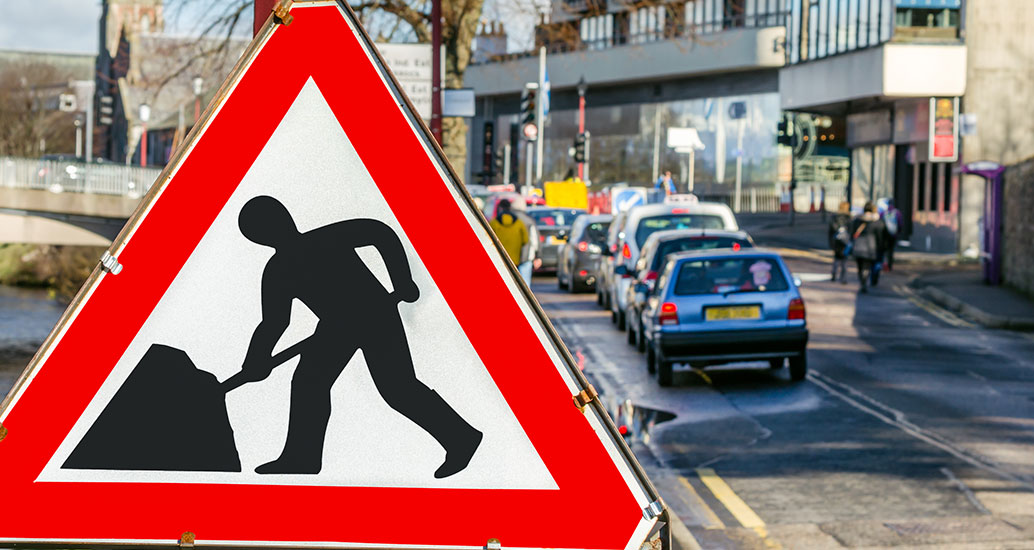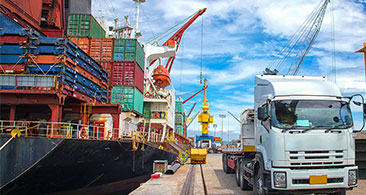At the end of 2018, the Government made a £26.6 million investment in micro robots, which are being designed to help repair the vast underground pipe network to reduce disruptive roadworks across the country.
Led by Professor Kirill Horoshenkov at the University of Sheffield, this collaborative research programme will also involve teams from Birmingham, Bristol and Leeds universities.
The hope is that these 1cm long robots will use sensors and navigation systems to find and mend cracks in pipes under the country’s roads. It will be interesting to see how much of an impact these new developments will have on the industry as a whole, since roadworks and unscheduled detours regularly hamper road consignments.
According to INRIX, specialists in transportation analytics, the total direct and indirect cost of congestion to all UK motorists amounts to over £35.5 billion, in both wasted fuel and the overall cost of employee downtime. If the development of these robots continues and the research is successful, the potential savings for businesses operating across the country could be substantial.
In a statement, Science Minister Chris Skidmore said: “While for now we can only dream of a world without roadworks disrupting our lives, these pipe-repairing robots herald the start of technology that could make that dream a reality in the future.
From deploying robots in our pipe network so cutting down traffic delays, to using robots in workplaces to keep people safer, this new technology could change the world we live in for the better. Experts in our top UK universities across the country are well equipped to develop this innovative new technology.
We have put research and development at the heart of our modern Industrial Strategy, with the biggest boost to funding in UK history to create high skill jobs and boost productivity across the country.”
It would also interesting to see how these small robots could be used throughout the rest of the transport sector. There have been talks of developing different versions that can operate in more dangerous surroundings, such as oil pipeline monitoring or in the transport of hazardous waste.
Chief Executive of the UK Research and Innovation fund (UKRI) Professor Sir Mark Walport explained that: “The projects announced today demonstrate how robots and artificial intelligence will revolutionise the way we carry out complex and dangerous tasks, from maintaining offshore wind farms to decommissioning nuclear power facilities.
They also illustrate the leading role that the UK’s innovators are playing in developing these new technologies which will improve safety and boost productivity and efficiency.”
They may still be in the early days of their development, but if these robots are used in the future, the transport sector will be substantially improved.
The productivity of work forces will increase since drivers aren’t stuck in traffic, safety will be improved through reduced congestion and businesses across the country can reinvest savings into future organisational developments.
However, it is important to remember that businesses still need to keep track of their consignments, especially when they are expanding into different areas. For more information on how our team of freight forwarders can help, speak to us today on 02380 623789 or email enquiries@imsfreight.com.





